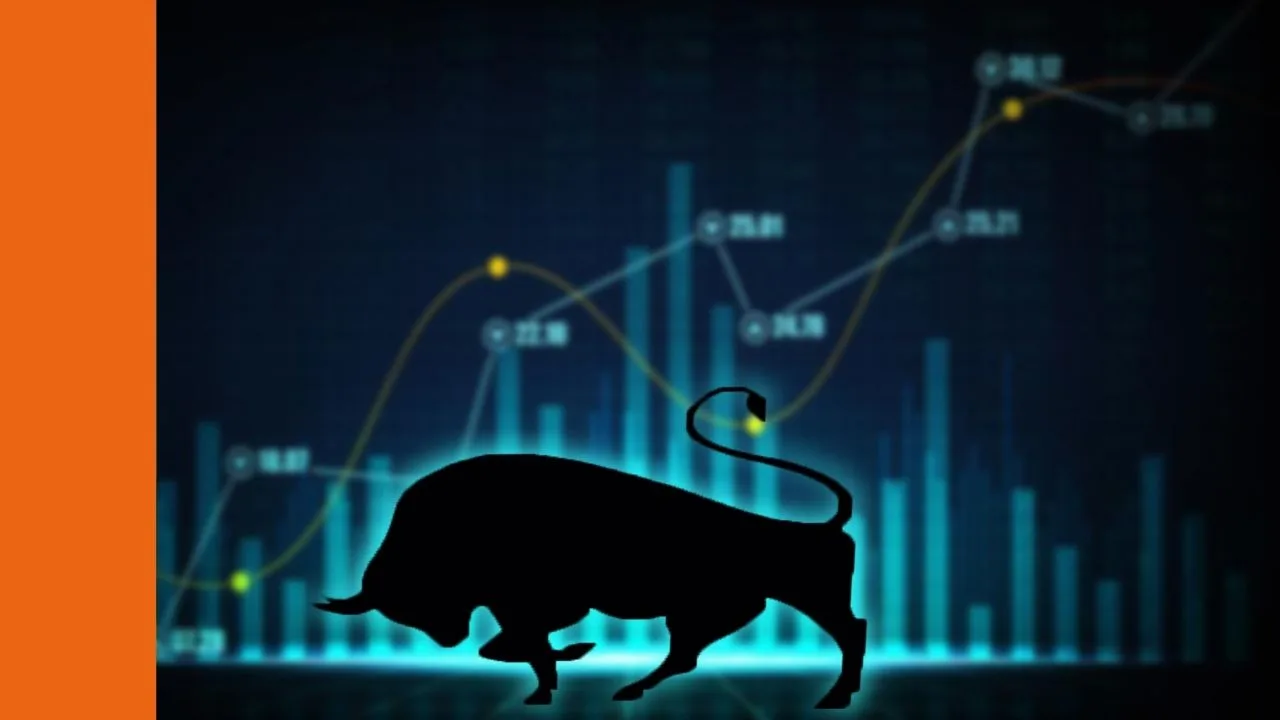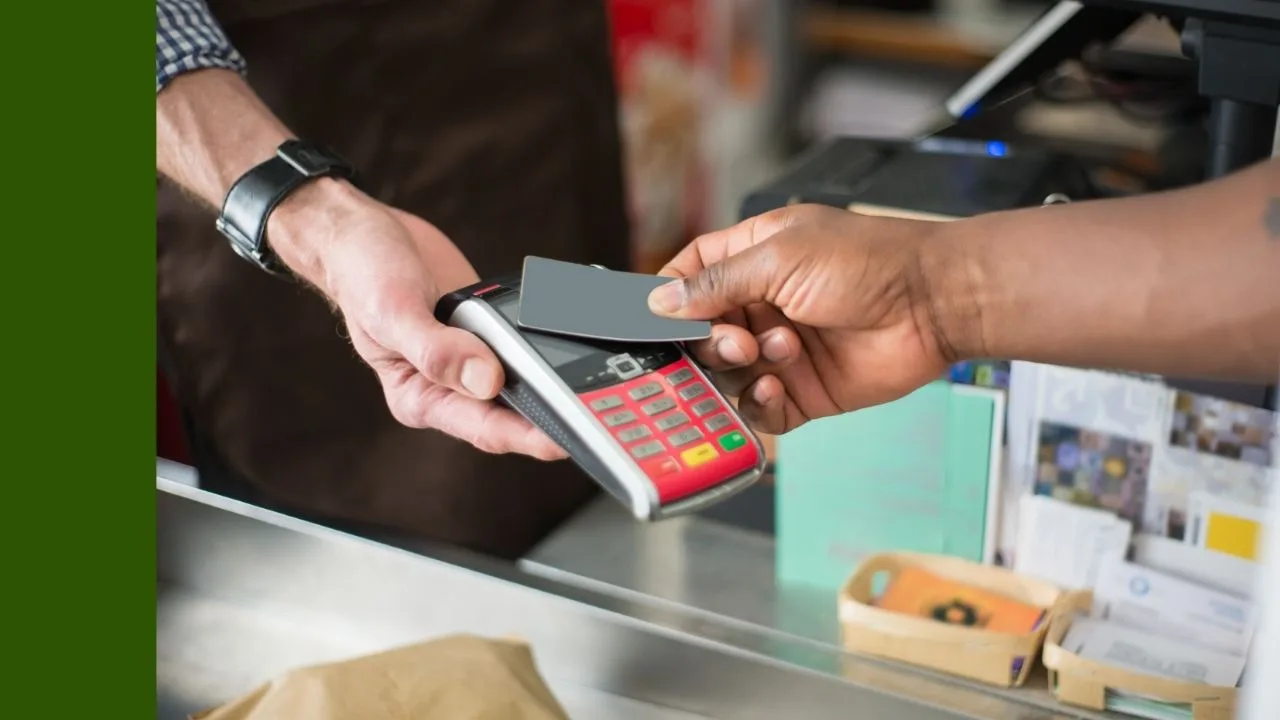In an ASX filing, Wesfarmers Ltd (ASX: WES) announced that it will demerge Coles, its leading supermarkets business, subject to shareholder vote.
Following a review, Wesfarmers found that separating Coles would, “support higher levels of future growth and total shareholder returns.”
“It is now a mature and cash generative business, which is expected to have a strong balance sheet and dividend paying capacity.” – Wesfarmers CEO Rob Scott
The Wesfarmers-Coles split will create a company that is among the ASX’s top 30, be dividend paying and able to generate resilient amounts of cash throughout the market cycle.
While Wesfarmers will retain up to 20% of Coles for strategic marketing purposes, Wesfarmers’ portfolio will be reduced to Bunnings Warehouse, Kmart, Officeworks and its Industrials assets.
Coles will go on with business as usual. It will retain its groceries, general merchandise, financial services, liquor, hotels and fuels businesses. However, one thing will change.
Wesfarmers announced that John Durkan will step down as Coles’ Managing Director after 10 years in top leadership positions and four as MD. He’ll make way for Steven Cain.
“John has made an enormous contribution to the successful turnaround of Coles under Wesfarmers’ ownership and we look forward to him continuing to lead the business as we prepare for demerger,” Scott said.
Why Divest Coles?
Coles used around 60% of Wesfarmers capital employed, it said, but accounted for just 34% of earnings or profit.
Large ‘conglomerate’ style businesses often divest parts of their business when the time is right.
Firstly, it often enables the parent company, which is Wesfarmers in this case, to sell the business for more than it is valued at on its balance sheet.
“Wesfarmers acquired Coles as part of Coles Group in 2007 and since then has successfully turned around the business and restored its position as a leading Australian retailer,” Scott said.
In Australia’s biggest takeover, Wesfarmers bought Coles Group for $19.3 billion in 2007. 10 years later, in its 2017 annual report, Coles made $16.7 billion of sales and produced $1.6 billion of profit.
“Wesfarmers’ operating model has benefited our shareholders over the long term and will continue to provide the framework for future capital allocation decisions,” Chairman Michael Chaney said.
Another common reason behind a move such as this is to allow the parent and the new independent company (Coles) to focus on their own strategies.
What Now?
Wesfarmers shareholders will receive shares in Coles in proportion to their current holding in Wesfarmers, after the company is awarded its shares.
The demerger of Coles is subject to board, shareholder and regulatory approval. If it is approved, it is expected to be completed in its 2019 financial year.
Takeaway
Wesfarmers has a rich history as a conglomerate style organisation with its divisions operating with relative independence.
While shareholders will have to wait for the final pricing and details of Coles shares, investors currently appear hungry for dividend yield in a low-interest rate environment.
However, with the arrival of Amazon.Com Inc (NASDAQ: AMZN) and competition from Aldi and Woolworths Group Ltd (ASX: WOW), there is plenty for investors to consider post demerger.
Join Rask Group’s Free Investor Club Newsletter
If you like learning about investing in shares or finance strategies, you should know that we share all of our favourite resources in the free Rask Investor Club Newsletter. It’s free to join. We promise to make you laugh.
Free: Join Rask’s Investor Club Newsletter Today
Disclaimer: This article contains general information only. It is no substitute for licensed financial advice and should not be relied upon. By using our website you agree to our Disclaimer & Terms of Use and Privacy Policy.






